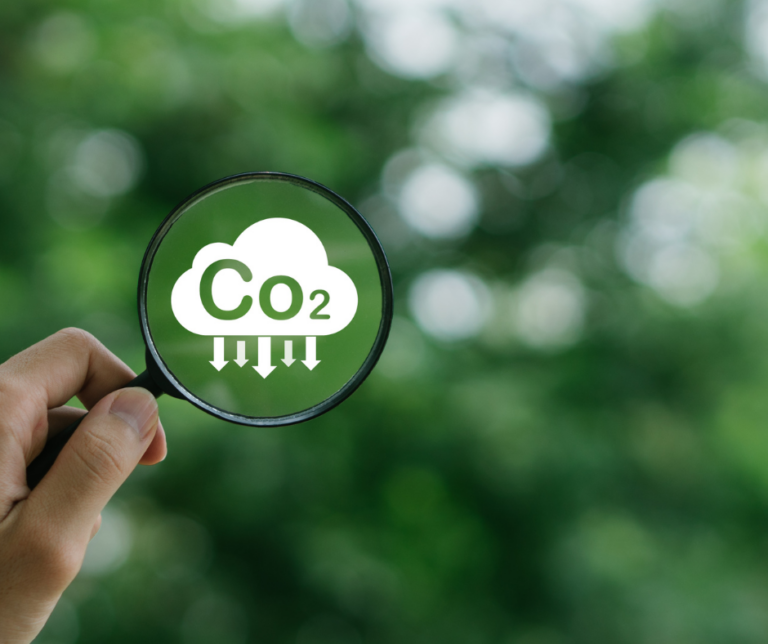HVAC Sustainability: Energy Saving
Sustainability and energy saving are certainly two words that symbolize this historical period. Energy efficiency is essential to fight the climate crisis, but also to optimize energy costs and stay competitive in the global market. In this context, HVAC systems have a great impact, being responsible for 30% to 60% of the electrical costs of a building. To reduce energy costs deriving from HVAC and reach HVAC energy efficiency, it is necessary to start with HVAC hygiene.
How To Save Energy Through HVAC Hygiene
To obtain a good performance, it is not enough to choose a well-designed system, with high-quality components, well-maintained from a technical point of view. Hygienic maintenance is an essential practice: in fact, ventilation systems become contaminated over time, leading to inefficiency and to health risks. For these reasons, HVAC hygiene, indoor air quality, environmental comfort, and energy saving are closely related.
With HVAC hygienic maintenance, you’ll avoid putting building occupants’ health at risk: when HVAC contaminations are not properly managed, they reach the indoor environment. Those who breathe polluted indoor air could contract bad respiratory diseases (and others). Read our analysis about this topic, click here!
Going back to HVAC energy saving, current building management systems lack in terms of ventilation systems’ hygiene; moreover, the inspection techniques required by the law, and tools such as environmental sensors, are not enough to detect contamination sources. Subsequently, in addition to poor indoor air quality, which leads to discomfort, illnesses, and to reduced productivity, there is an increase in energy consumption, because dirty, clogged, and contaminated HVAC components make air handling costs raise. In short, the first step for HVAC energy efficiency must be a well-performed inspection and sanitation process.
HVAC Air Leakage
Once the system is clean, it is finally possible to work to find any air leaks, which are present in most HVAC systems from the moment of their design or installation. These leaks cause a waste of electrical, thermal, and refrigeration energy. Sealing them brings huge long-term savings: we are talking about reducing HVAC consumption by 30%!
HVAC Predictive Maintenance
This is the final phase: the HVAC system has been inspected and sanitized, then the leaks have been sealed. This has brought to excellent results in terms of energy saving, but there’s still one point to consider: in what way is it possible to maintain this conditions over time? There are advanced technologies that allow to constantly monitor HVAC hygienic conditions, being much more reliable than traditional maintenance techniques. It is also worth saying that environmental sensors have nothing to do with what happens inside ventilation systems: for this reason, they don’t detect any internal contaminations within them (they only detect them partially and too late, when contamination already spilled into the environment and it’s causing damage to people and systems).
We are talking about predictive hygienic maintenance: with systems like Remotair, it is possible to constantly monitor the hygienic status of HVAC systems. With its cameras, Remotair carries out automatic inspections and sends a notification to program corrective action before contamination exceeds maximum threshold levels. Thanks to systems like this one, it will be no longer necessary to worry about scheduling regular inspections and maintenance works; it will also be possible to spread interventions over time, so that they are more targeted, in order to improve the system’s performances even more. In conclusion, there are 3 steps for good management of air systems:
- inspection and sanitation (if needed);
- leakage testing and sealing of air leaks;
- installation of a predictive maintenance system for continuous monitoring of the HVAC system.





